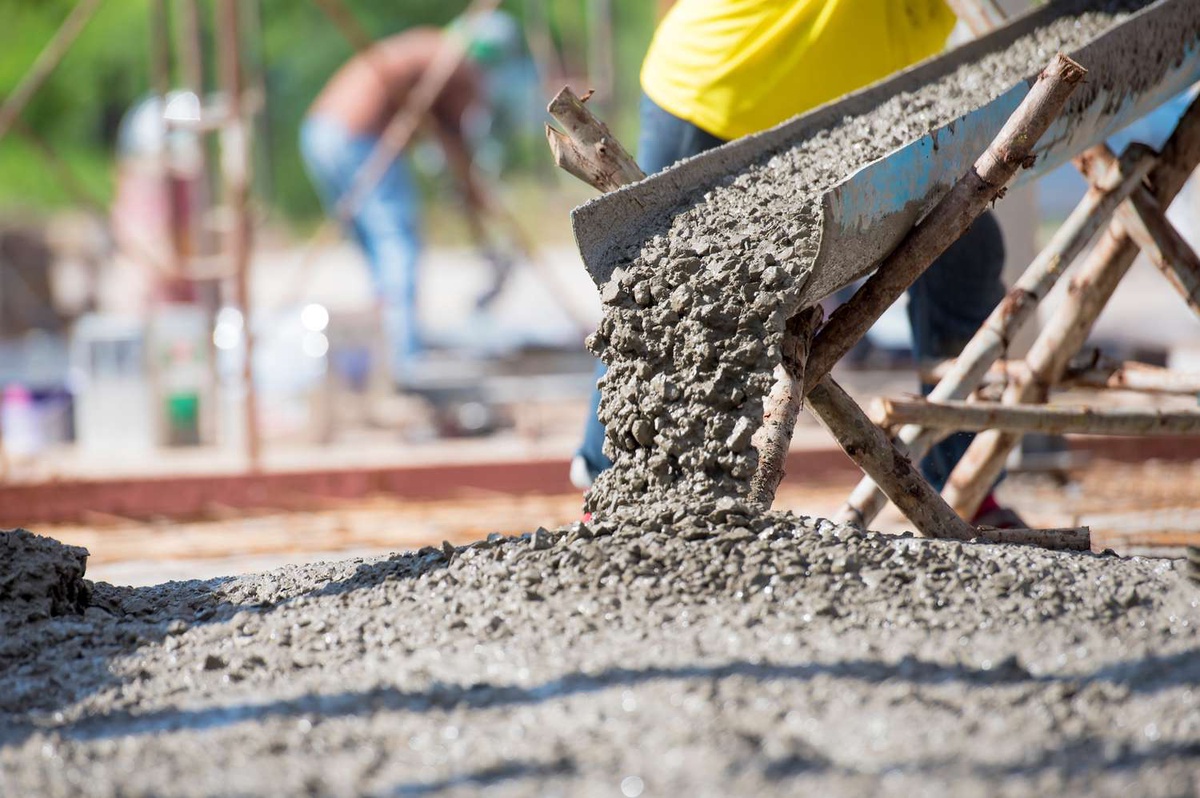In the realm of modern construction, concrete stands out as a favored material for building homes, combining durability, efficiency, and a versatile aesthetic. Its properties make it an ideal choice for a wide range of climates and geographies, from earthquake-prone areas to hurricane zones. This article explores the substantial benefits of using concrete in residential construction, discusses various construction techniques, and addresses some considerations and challenges associated with this robust material.
## Benefits of Using Concrete for Home Building
### 1. **Durability and Longevity**
Concrete is prized for its exceptional durability. Homes built with concrete are known to withstand the ravages of time and nature far better than those constructed from more traditional materials like wood. Concrete’s resistance to fire, pests, decay, and mold makes it an enduring choice, potentially lasting centuries with minimal maintenance.
### 2. **Energy Efficiency**
One of the most compelling reasons to choose concrete for home construction is its thermal mass, which contributes to energy efficiency. Concrete walls absorb and retain heat during the day and release it slowly as temperatures drop, helping maintain consistent indoor temperatures. This natural regulation of heat can significantly reduce heating and cooling costs, making a concrete home more sustainable and cheaper to operate.
### 3. **Safety and Security**
Concrete’s robustness offers superior protection against natural disasters such as hurricanes, tornadoes, and earthquakes. Additionally, its fire-resistant qualities can prevent the spread of flames, potentially saving lives and reducing damage in the event of a fire.
### 4. **Sound Insulation**
The density of concrete provides excellent sound insulation, reducing noise pollution. This makes concrete homes particularly suitable for noisy urban environments or areas near airports where peace and quiet are valued.
### 5. **Architectural Flexibility**
Contrary to popular belief, concrete offers a wide range of design possibilities. Modern concrete homes can be fashioned into any shape or size, and finishes can mimic other materials like wood, brick, or stone. Concrete’s versatility opens up creative possibilities for bespoke architecture, allowing homeowners to realize their vision without the constraints of more traditional materials.
## Popular Concrete Construction Techniques
### 1. **Poured Concrete**
Poured concrete is a common technique where concrete is cast in forms on site. This method is particularly used for foundations and walls. It provides a continuous barrier against moisture and is highly resistant to weathering and leaks.
### 2. **Concrete Block**
Concrete blocks, or cinder blocks, are a cost-effective alternative to poured concrete. They are modular, easy to install, and ideal for DIY projects. Block walls can be reinforced with steel bars and filled with additional concrete for enhanced strength.
### 3. **Insulating Concrete Forms (ICFs)**
ICFs combine the sturdiness of concrete with the insulation properties of foam. These building blocks interlock like Lego pieces and are then filled with concrete. The foam remains in place to provide insulation. This system is highly energy-efficient and quick to assemble, reducing labor costs and construction time.
### 4. **Precast Concrete**
For those seeking efficiency and uniformity, precast concrete offers a solution. Panels, walls, floors, and roof systems are manufactured in a controlled factory setting and transported to the site for assembly. This method ensures quality control, decreases on-site labor, and speeds up the construction process.
## Considerations and Challenges
### 1. **Cost Implications**
While concrete can be more expensive initially than materials like wood, the investment often pays off in longevity, durability, and reduced energy costs. However, budgeting accurately remains crucial.
### 2. **Weight and Logistics**
Concrete’s weight requires careful handling and strong foundational support, which can complicate construction logistics and increase costs, especially in areas with poor soil conditions.
### 3. **Skill Requirements**
Working with concrete can require specific skills and tools, particularly for pouring and curing. Mistakes in mixing or curing concrete can compromise the structural integrity of the building.
## Conclusion
Building a home with concrete offers unmatched benefits in terms of durability, energy efficiency, and safety. While there are challenges to navigate, the advances in concrete technology and construction techniques have made it more accessible and adaptable than ever. For those considering building a new home, concrete provides a sturdy, efficient, and modern material choice that can accommodate a vast array of architectural styles and personal preferences.
https://www.bigeasyconcrete.com/tips-for-a-perfectly-smooth-finish-concrete-pouring/


No comments yet